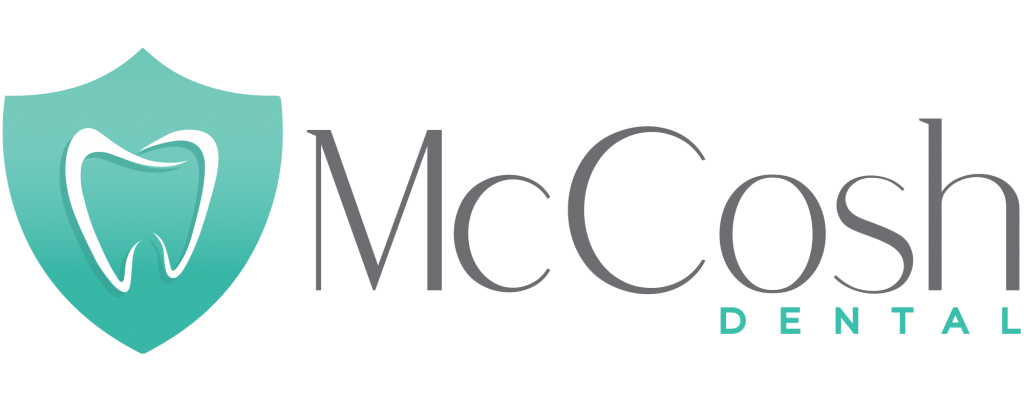Emergency
Any dental problem that requires immediate treatment in order to save a tooth, stop ongoing tissue bleeding or alleviate severe pain is considered a dental emergency. A severe infection or abscess in the mouth can be life-threatening and should be dealt with immediatel
WHAT TO DO IF YOU HAVE A DENTAL EMERGENCY
A dental emergency can be very scary and painful! Often people are unsure what constitutes a dental emergency, who they should call, and what they can do at home when they experience a dental emergency. Simply follow these guidelines for deter mining how to best handle your dental emergency.
IS IT URGENT?
Certain dental emergencies are urgent while others can be treated later on. It’s especially important to understand the difference between the two if you experience a dental emergency over the weekend or during nighttime when dental offices are typically closed.
The following are examples of urgent dental emergencies:
- Oral cavity bleeding that will not stop
- A loose or knocked out tooth
- Painful swelling
- Painful toothache that will not subside
- Swollen cheeks or face in combination with a toothache
- Extreme tooth sensitivity
Urgent dental emergencies should be dealt with right away because they can be life threatening! Call McCosh Dental immediately if you experience any of the above problems. If you are unable to reach us for whatever reason, such as it is in the middle of the night, visit the emergency room, especially if you are dealing with unbearable pain or bleeding that cannot be stopped..
Examples of non-urgent dental emergencies:
- Lost Filling, lost crown or lost bridge
- Broken or Cracked Tooth without severe pain
- Broken or Damaged Retainer or Night Guard
- Food lodged between teeth
- Dull toothache
- Small Chip in Tooth
- Mild tooth sensitivity
If you experience a non-urgent dental emergency, it is still recommended that you contact McCosh Dental as soon as possible so we can try to accommodate you on our schedule soon.
AN INTERESTING FACT:
A high number of the emergencies we see at our office were a “small problem” several months ago! DO NOT IGNORE RECOMMENDED TREATMENT! Besides having the potential to becoming an Emergency, it will certainly be a lot more expensive later on.
WHAT TO DO AT HOME IF YOU HAVE A DENTAL EMERGENCY
Depending on the dental emergency that you experience, there may be things you can do at home to help ease your pain and remedy the situation. Regardless of the emergency, one of the most important things to do is stay calm. When you get anxious your body triggers a number of responses that may make your emergency worse, so try your best to remain calm while seeking the assistance that you need.
The following are a list of suggested things you can do at home to help ease any pain or discomfort caused by a dental emergency:
- Dissolve a teaspoon of salt in a mug of boiling water and use it as a warm mouthwash to relieve irritation and reduce swelling.
- If you have a tooth knocked out, put it in a glass of milk until you can get to your dentist. You can also keep it in a cup with your own saliva.
- Floss! If you are experiencing pain surrounding one specific tooth, it is possible that something has gotten stuck between your teeth or inside the gum tissue.
- Use a cold compress to help reduce swelling, numb irritation, and stop any bleeding that may occur.
- Swish with Hydrogen Peroxide to help kill bacteria and alleviate irritation.
- Take the prescribed dose of an over-the-counter pain medication to help alleviate any discomfort.
- Keep driving to McCosh Dental!
PREVENTING DENTAL EMERGENCIES
Come to McCosh Dental twice a year for your comprehensive hygiene visits. If you keep these appointments you are much less likely to have something painful and unexpected pop up in your mouth.
- Complete whatever treatment was recommended for you during the advised treatment plan. Dental problems only get worse with time. If you put off a filling, crown, or root canal, you are putting yourself at-risk for unexpected pain down the road.
- Brush and floss daily. Developing a strong oral hygiene routine will help keep your mouth healthy and your teeth strong.
- Take it easy on foods that are especially tough or chewy. Examples include hard bread, jerky, pretzels, hard candy, and chewy candy, chicken bones.
